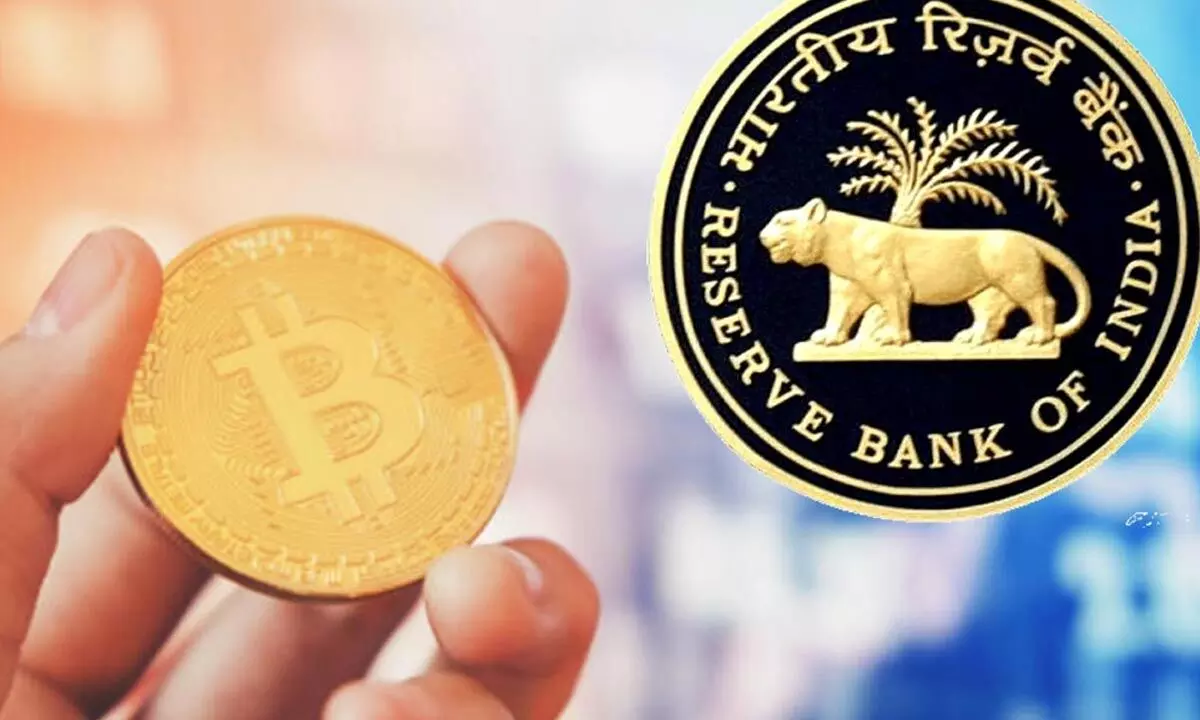RBI digital rupee launch: Is it like cryptocurrency, where and how will it work?

For representational purpose
Crypto is based on Blockchain technology, while the digital rupee is a form of digital token representing legal tender.
The Reserve Bank of India (RBI) is set to launch its long-awaited Central Bank Digital Currency (CBDC), the digital Rupee. For the trial, the RBI partnered with four banks to get started and initially, the service will be available only in selected cities.
Starting December 1, the first phase of the pilot program began with four banks including State Bank of India, ICICI Bank, Yes Bank and IDFC First Bank in Mumbai, New Delhi, Bengaluru and Bhubaneswar. Four more banks will join the pilot program in the future, including the Bank of Baroda, Union Bank of India, HDFC Bank and Kotak Mahindra Bank. The central bank also said it would expand the facility to many more Indian cities, including Ahmedabad, Gangtok, Guwahati, Hyderabad, Indore, Kochi, Lucknow, Patna and Shimla.
Currently, there are no details on when the public release of the digital rupee will happen, but from the sounds of it, the official release will take some time. With the pilot, the RBI wants to test the "robustness of the entire process of digital rupee creation, distribution, and retail usage in real-time. "Different features and applications of the e-Rupee token and architecture will be tested in future pilots, based on the learning from this pilot," RBI said.
Digital Rupee vs Cryptocurrency
So what exactly is the digital rupee? Well, many may relate it to cryptocurrency, but there is no connection between the two. Crypto is based on Blockchain technology, while the digital rupee is a form of digital token that represents legal tender.
Unlike cryptocurrencies, the Digital Rupee or Electronic Rupee is issued in the same denominations as paper money and coins. The value of cryptocurrencies, including Bitcoin, is volatile, but the value of the digital rupee remains the same at all times. While users can invest in cryptocurrencies, in the case of digital rupees, banks allocate them to customers. The exact process of allocating digital rupees to customers has yet to be revealed.
How to use digital rupee
So how will the digital rupee work? Will users be able to shop using the digital rupee? The answer is: Yes, users will be able to use Digital Rupee to buy products and shop at their nearest Kirana stores. Digital Rupee transaction can occur between Person to Person (P2P) and Person to Merchant (P2M). "The e-Rupee would offer features of physical cash like trust, safety and settlement finality. As in the case of cash, it will not earn any interest and can be converted to other forms of money, like deposits with banks," the central bank stated.
The RBI said that the digital rupee would be distributed through intermediaries such as banks to customers and merchants. However, the other partner banks have yet to disclose how customers can access the digital rupee specifically.
RBI has previously clarified that users can transact with e-Rupee through a digital wallet offered by eligible banks and stored on phones or mobile devices. In addition, customers can make payments through e-Rupee using QR codes displayed at merchant locations, just like online transactions. The exact process for using the digital rupee will become clear once the pilot program begins on December 1.




